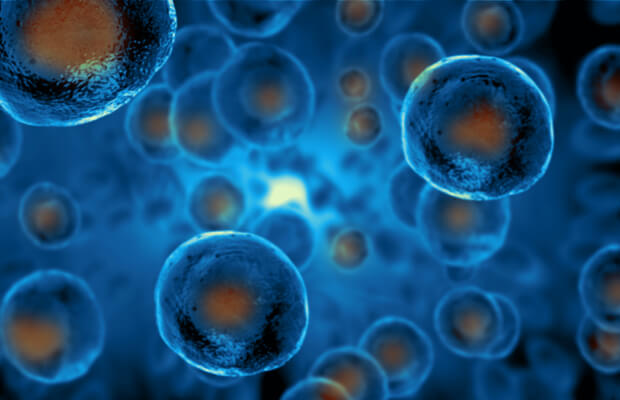A combination of heart cells derived from human stem cells could be the answer to developing a desperately-needed treatment for heart failure, according to new research part-funded by the British Heart Foundation (BHF) and published in Nature Biotechnology.
Researchers have found that, by transplanting an area of damaged tissue with a combination of both heart muscle cells and supportive cells taken from the outer layer of the heart wall, they may be able to help the organs recover from the damage caused by a heart attack.
Scientists have been trying to use stem cells to repair damaged hearts for a number of years. Efforts have been unsuccessful so far, mainly because the vast majority of transplanted cells die within a few days.
Now, Dr Sanjay Sinha and his team at the University of Cambridge, in collaboration with researchers at the University of Washington, have used supportive epicardial cells developed from human stem cells to help transplanted heart cells live longer.
The researchers used 3D human heart tissue grown in the lab from human stem cells to test the cell combination, finding that the supportive epicardial cells helped heart muscle cells to grow and mature. They also improved the heart muscle cell’s ability to contract and relax.
In rats with damaged hearts, the combination also allowed the transplanted cells to survive and restore lost heart muscle and blood vessel cells.
Researchers now hope to understand how the supportive epicardial cells help to drive heart regeneration. Understanding these key details will bring them one step closer to testing heart regenerative therapies in clinical trials.
Hundreds of thousands of people in the UK are living with debilitating heart failure, often as a result of a heart attack. During a heart attack, part of the heart is deprived of oxygen leading to death of heart muscle. This permanent loss of heart muscle as well as subsequent scarring combines to reduce the heart’s ability to pump blood around the body.
People suffering from heart failure can’t regenerate their damaged hearts and the only cure is a heart transplant. Ultimately, these researchers hope that, by harnessing the regenerative power of stem cells, they will one day be able to heal human hearts using a patient’s own cells.
In addition to the BHF, this research was funded by the UK Medical Research Council (MRC) and the National Institute for Health Research (NIHR).
Dr Sanjay Sinha, BHF-funded researcher and leader of the study at the University of Cambridge, said:
“There are hundreds of thousands of people in the UK living with heart failure – many are in a race against time for a life-saving heart transplant. But with only around 200 heart transplants performed each year in the UK, it’s absolutely essential that we start finding alternative treatments.”







